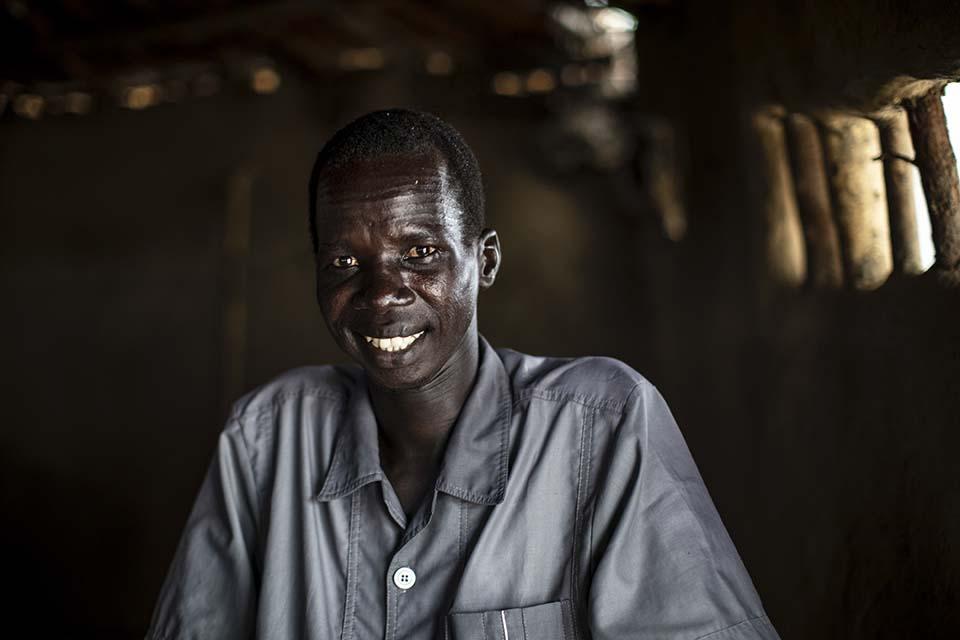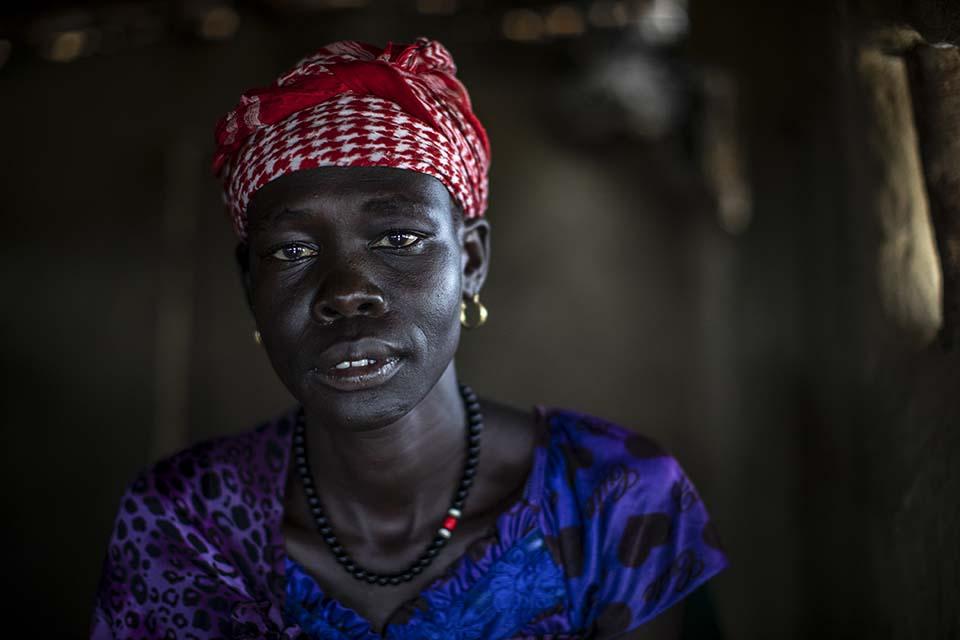
People’s lives were disrupted, they suffered of cattle raids, the abduction of women and children, while social cohesion was dismantled. To help restore a peaceful coexistence and improve livelihoods, the EU, through its Instrument contributing to Stability and Peace, supports training community leaders on trauma awareness, healing, forgiveness and peacebuilding.
The Building a Culture of Social Cohesion and Peace project, funded by the European Union, encourages communities to adopt conflict mitigation practices that help them to develop and sustain resilience against recurrent conflict.
Gatkor Hoth, an executive chief who recently took part in a trauma awareness training says they are now learning to how to better deal with trauma.
“What I have learned is to accept peace within myself. That is what makes it possible for me to reach others to help them find peace,” Gatkor says.
“In this community, what traumatizes people most is their own anger,” Gatkor says. Such feelings are caused by domestic violence, divorce, disputes over dowries, as well as intercommunal violence that results in killings, stolen cattle and abductions. “These things can traumatize a person. People might think about these things all night without even sleeping,” he adds.
After completing the training, Gatkor has already begun putting what he’s learned into practice. Now, when people in the community are having a disagreement, he tries to mediate before the dispute becomes violent. “You begin by getting people to discuss the issue and reconcile,” Gatkor says. Then after a fair resolution is agreed upon, the two sides are asked to forgive one another and put the disagreement behind them.
Nyajuani Thor, leader of Tindiir’s women’s association, learned that it is important for parents and elders to play a stronger role in advising youth, who sometimes are perpetrating more the violence between the local communities.

“If parents are silent, youth can do a lot of destruction,” Nyajuani says. When trying to reach young people, she says it is important to “explain the impact of war, that it is not good to fight, that it is good to have neighbors that you are in peace with.” If the younger generation understands that disputes should be resolved without violence, it helps to reduce overall trauma within the community.
According to Manyal Both, also an executive chief in Tindiir, South Sudan, lasting peace with the other communities in the area Nuer can only be achieved through dialogue and the forging of mutual bonds.
“If there is long-term peace, it can result in development, people can farm their land, this poverty can go away, there will be schools for the children, people will have their goats and cattle, people will get what they need, and these killings and ambushes on the road will stop,” Manyal says.
Another challenge which affects communities in the area is the lack of schools. “This can result in a lot of conflict because if children grow up at home not learning peace messages…they may resort to using guns and decide to fight one another,” Tut says.
In addition to the series of trainings, the EU-funded project also helped to build a 16-kilometer road to connect the local community to the nearest town with a health facility. By working together, local communities get to understand each other better and increase cooperation.
The project, implemented by the Catholic Relief Services, helps communities to adopt peacebuilding practices that allow them to develop and sustain resilience against recurrent conflict. The project uses a community-managed disaster risk reduction approach to help identify and prioritize activities that enhance connections between and among communities. Participants work together to build water ponds, feeder roads, flood dikes, schools or health facilities.
More information:
Details
- Publication date
- 9 June 2021
